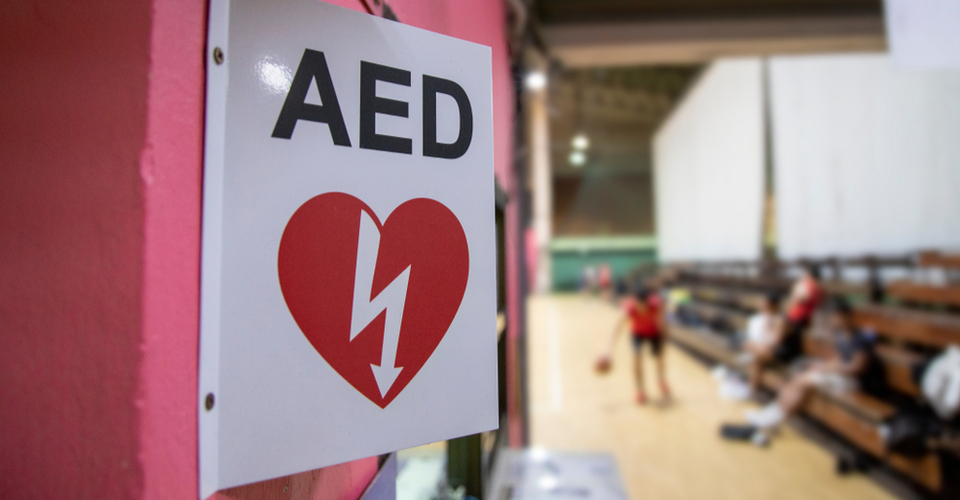We think of athletes as being in great shape, so does that mean they’re less likely to experience sudden cardiac arrest (SCA)? What about those athletes that show indications of cardiovascular disease? Does their participation in intense workouts and competitions mean they are more likely to succumb to SCA?
The Sudden Cardiac Arrest Foundation (SCAF) explored that topic in their July newsletter, where they shared findings from a recent study in the Canadian Medical Association Journal. The study looked at the accuracy and effectiveness of screening athletes for potential cardiac issues.
According to the SCAF:
“This area of research aims to understand if sudden cardiac arrests and deaths can be predicted,” said Dr. Dorian [a co-author of the CMAJ study]. “And if they can be predicted, can they be prevented? But the current research shows that prediction is unfortunately extremely difficult. Even if we can predict that an athlete is potentially destined to suffer from sudden cardiac arrest, the methods of prevention are not yet well enough understood ... Electrocardiograms, or ECGs, provide information, and that information is partially accurate. The information offers value, but there is debate about how much value it offers.”
That unpredictability is key to understanding why trained bystanders with access to an automated external defibrillator (AED) are vital in reducing the number of fatalities from SCA. SCA can strike anyone, any time, and early intervention with CPR and an AED can make a lifesaving difference:
Dr. Dorian notes that in Japan, where medical personnel patrolled a marathon route on bicycles with AEDs strapped to their backs, there was a 100 per cent survival rate among 28 athletes with witnessed sudden cardiac arrest after prompt resuscitation. His final message is clear: “These events are absolutely treatable.”
You can read the Sudden Cardiac Arrest Foundation article here.
SCA incidents aren’t exclusive to demanding sports like marathons. At HSI, we believe every gym and fitness center should have an AED and trained staff ready to respond to SCA, whether that’s for an elite athlete clientele or for all of us regular folks just working out to stay in shape.
Successful defibrillation is highly dependent on how quickly defibrillation occurs. For each minute in cardiac arrest, the chance of survival goes down by about 10%. After as few as 10 minutes, survival is unlikely. With trained staff and an AED on site, more lives can be saved.
Children participating in sports aren’t immune from SCA, either. Although rare, children can experience SCA due to existing heart problems or an accident such as a blow to the chest. We encourage all youth sports coaches and trainers to be up-to-date on your CPR and AED certification.
For an inspiring story on how CPR training and the availability of an AED helped save the life of a young volleyball player who collapsed during a game, check out our new video on the HSI YouTube channel here.
School districts, be ready for back to school with emergency care training: Need to get your coaches, teachers, and district employees current on their first aid, CPR, and AED requirements for the upcoming school year? An ASHI or MEDIC First Aid Training Center near you is ready to help! To find a TC in your area, click the button below.








.png)











Comments